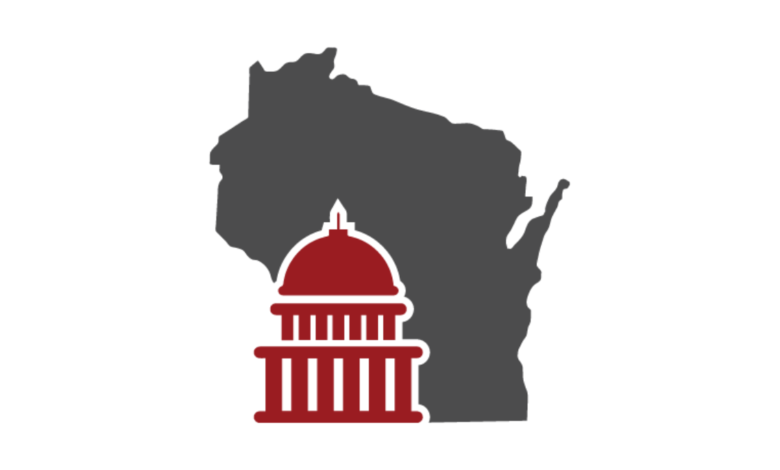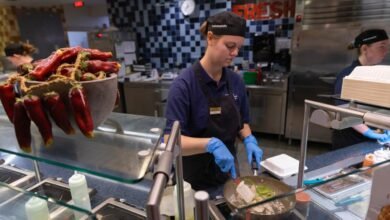Biohealth Tech Hub project aims to connect underrepresented groups with high-demand jobs

A key state Biohealth Tech Hub workforce project aims to connect underserved communities with employment gaps across the sector.
That’s according to Mark Thomas, chief strategy officer for Madison College, a tech hub consortium member that’s leading the project. He spoke yesterday during BioForward Wisconsin’s Wisconsin BioHealth Summit in Madison, highlighting the ABC Pathways program.
“We are at peak population, and so we have this almost existential labor shortage, right? And yet we have populations that are historically underserved with low employment and low income,” he said, adding “this is what we’re trying to do, is solve that labor-economics problem.”
This effort falls under the states’ tech hub effort, which has a focus on precision medicine and related industries such as biotechnology manufacturing. Consortium partners — led by BioForward Wisconsin — landed $49 million in federal dollars to execute a number of related projects, and leaders have secured more than $32 million in additional committed investment, including $7.5 million from the state.
The ABC Pathways program, which aims to prepare and place 2,000 workers in biohealth jobs within five years, has established a focus on several high-demand positions. These include radiologic technologists, electrical technicians, medical equipment repair specialists, clinical and biological technicians and others, Thomas noted yesterday.
The program will seek to identify people who might be interested in the career pathways for jobs like these, he said, as well as addressing “historic barriers” to labor market participation and education such as a lack of child care and transportation options.
“When we say diverse workforce, we mean rural, tribal, low-income, urban, women — who are the people who are not historically participating in the workforce?” he said.
Idella Kangas, director of economic and employer engagement for the Universities of Wisconsin, said the project aims to establish a skilled and diverse workforce supported by engaged employers.
She stressed the importance of connecting with these groups at the community level, “so that they can really experience what this sector has to offer” in terms of employment and growth. Employers will play an important role in helping underrepresented groups navigate the biohealth labor force, Kangas said.
“What I am looking for is, help us have an iterative conversation,” she said. “Help us widen the aperture for individuals across all of our talent sector, about what biohealth looks like, what careers and employability looks like.”
Madison College is working with workforce development boards and the K-12 system to identify who might be a good fit for training programs and what kinds of support they will need, Thomas said. Part of the funding for the tech hub effort is going toward outreach, coordination with partners, youth apprenticeship opportunities and more. The project overall is getting $12.5 million in federal funding and $1.5 million in matching funds from the state.
The ABC Pathways program aims to have 75% of hired graduates in prioritized occupations retained for a year by the second year of the effort, with a goal of boosting that to 85% by the fifth year, according to Thomas. It has also set a goal of 18.6% overall target for racial and ethnic diversity for graduating cohorts in programs for these occupations, rising to 23% by the second year and 30% by the fifth year.
See more on the project and listen to a recent podcast on the overall effort.
Source link



